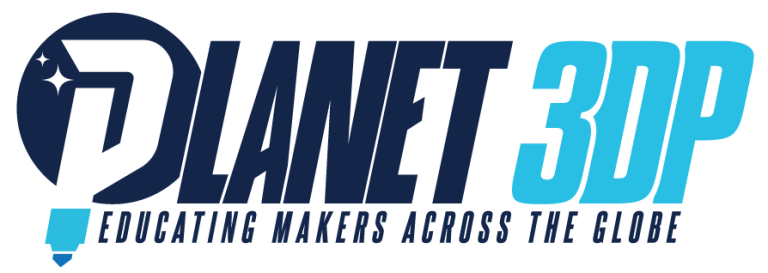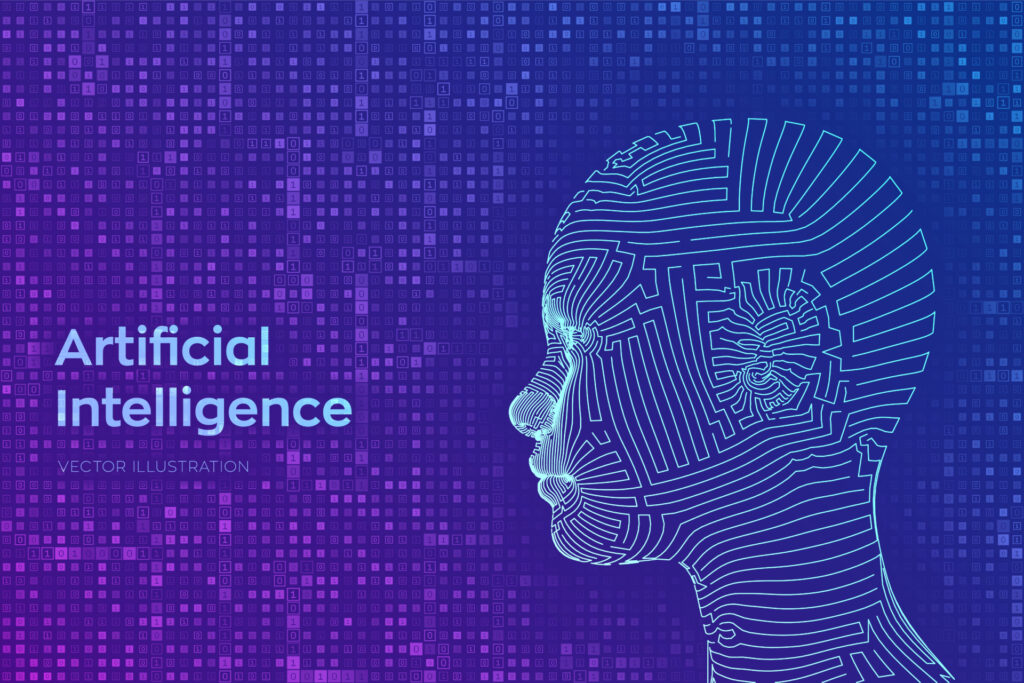Artificial Intelligence (AI) is rapidly transforming industries and reshaping the future of work. While there are concerns about job displacement, AI also presents significant opportunities for innovation and productivity.
One of the most promising areas of AI is automation. By automating routine tasks, AI can free up human workers to focus on higher-level, creative, and strategic work. This can lead to increased efficiency, reduced errors, and improved overall performance.
However, it’s important to recognize that AI is not a replacement for human intelligence. Instead, it is a tool that can augment human capabilities. By combining human creativity and problem-solving skills with AI’s ability to process vast amounts of data and identify patterns, organizations can achieve unprecedented levels of innovation and success.
To thrive in the AI era, individuals will need to develop a range of skills, including critical thinking, creativity, problem-solving, and adaptability. Additionally, a strong foundation in digital literacy and AI literacy will be essential.
As AI continues to evolve, it’s crucial to consider the ethical implications of its use. Ensuring that AI is developed and deployed responsibly is vital to avoid unintended consequences. By working together, we can shape the future of AI in a way that benefits society as a whole.


